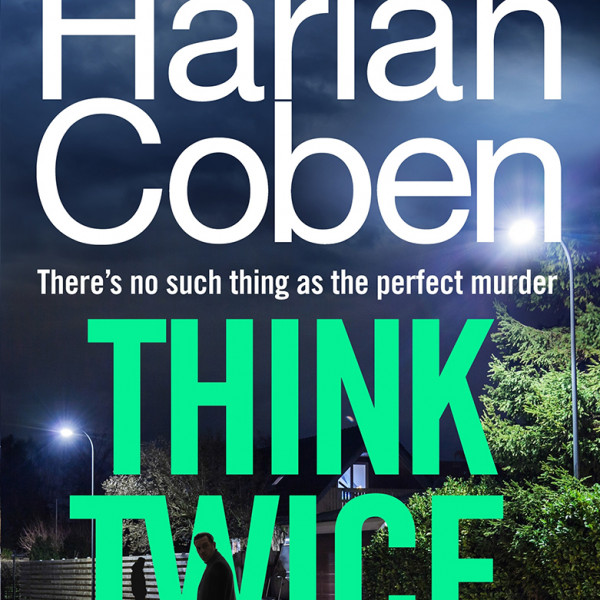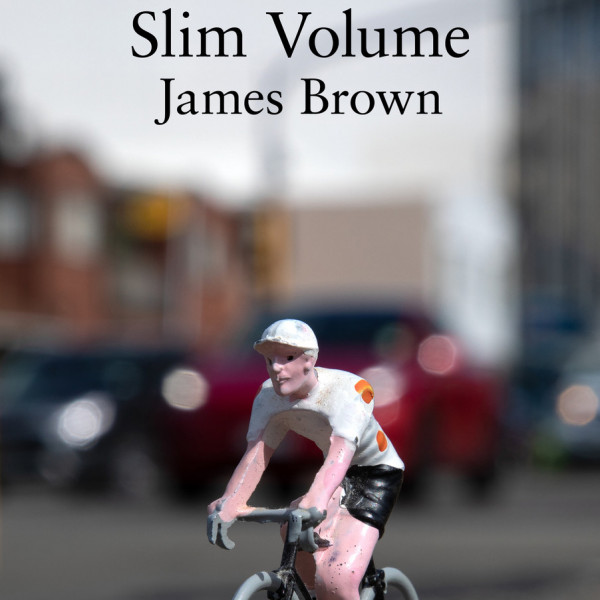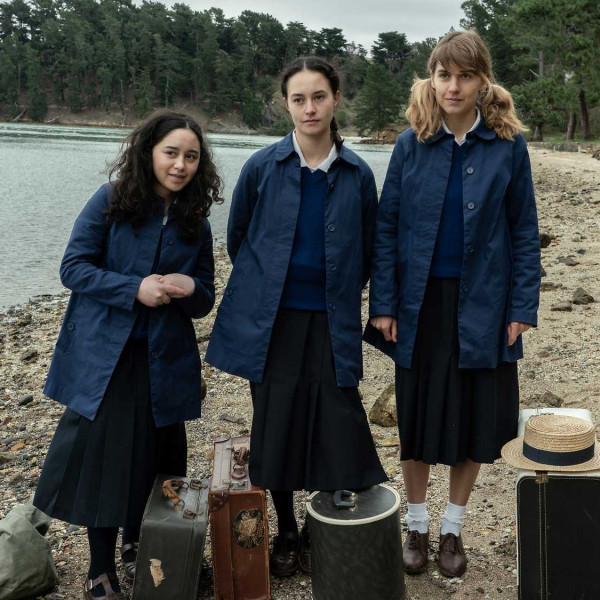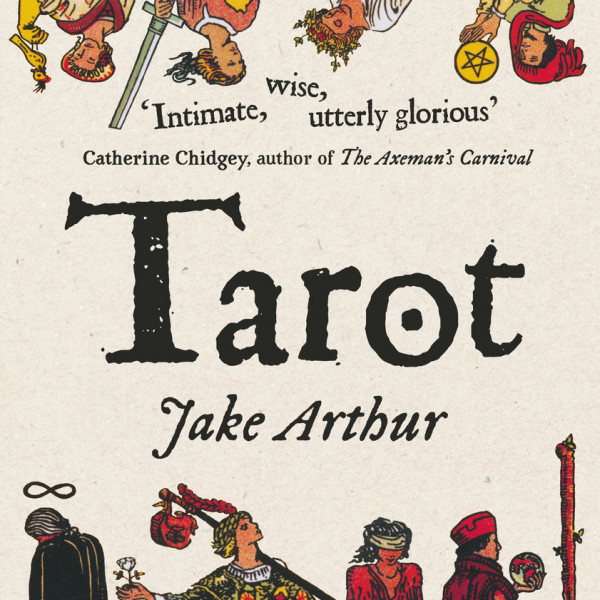
Midnight Confessions
Presented by: Heartbreaker Productions
Written by: Abby Lyons, Alia Marshall, Anna Barker, and Mia Oudes
Directed by: Abby Lyons, Alia Marshall, Anna Barker, and Mia Oudes
BATS Theatre, 28th Aug 2024
Reviewed by: Madelaine Empson
Growing up, was there anything better than a sleepover with your girlfriends? I remember staying up till 10pm (gasp) talking about Pokémon with my childhood best friend, swapping stories about ghosts and crushes in primary school, and eating a bowl of melted white chocolate chips in a pillow fort with one of the cool kids from intermediate. Her dad made us pancakes the next morning and I bragged about it for months. I squeaked and squealed my way through Midnight Confessions, a nostalgic celebration of this time-honoured tradition that relishes in the joys and magic of girlhood.
Devised and directed by its performers – producer Abby Lyons, Alia Marshall (Tūhoe), Mia Oudes (Te Arawa), and Anna Barker – Midnight Confessions is neatly structured to take audiences on a journey through the ages (literally). Sleepovers between groups of gals aged 10, 16, 17, 19, and 20-something are interspersed with open-mic snippets of the secrets they whisper to each other at midnight. Transitions are clearly demarcated thanks to production designer Rebekah de Roo (AV, set, and lighting), whose stage is softly lit and pastel hued, lined with pillows and draped in princess nets. It is here that, with a twinkle in its eye, Midnight Confessions sends gasps and giggles of recognition bouncing round BATS Theatre as it reminds us of everything from playing “Romeo and Juliet doing kissing” to spending our birthday money on the Cookie Monster t-shirts from Jay Jays.
What goes up must come down, right? Not in the vignette Gone Fishing, a killer of an opening scene (after the impeccably choreographed dance number, of course) that traces the unfortunate misplacement of a moon cup. Comedic performances play out to a chorus of bark laughs from the crowd. But Midnight Confessions isn’t afraid to venture into the hairy parts of growing up either. Highlights include the aching Letters to Lucy and Sheet Girl, which ends in a tender kiss as one girl realises the other feels the same.
Charming, funny, and special, Midnight Confessions is woven together with the heartstrings of female friendships.






















